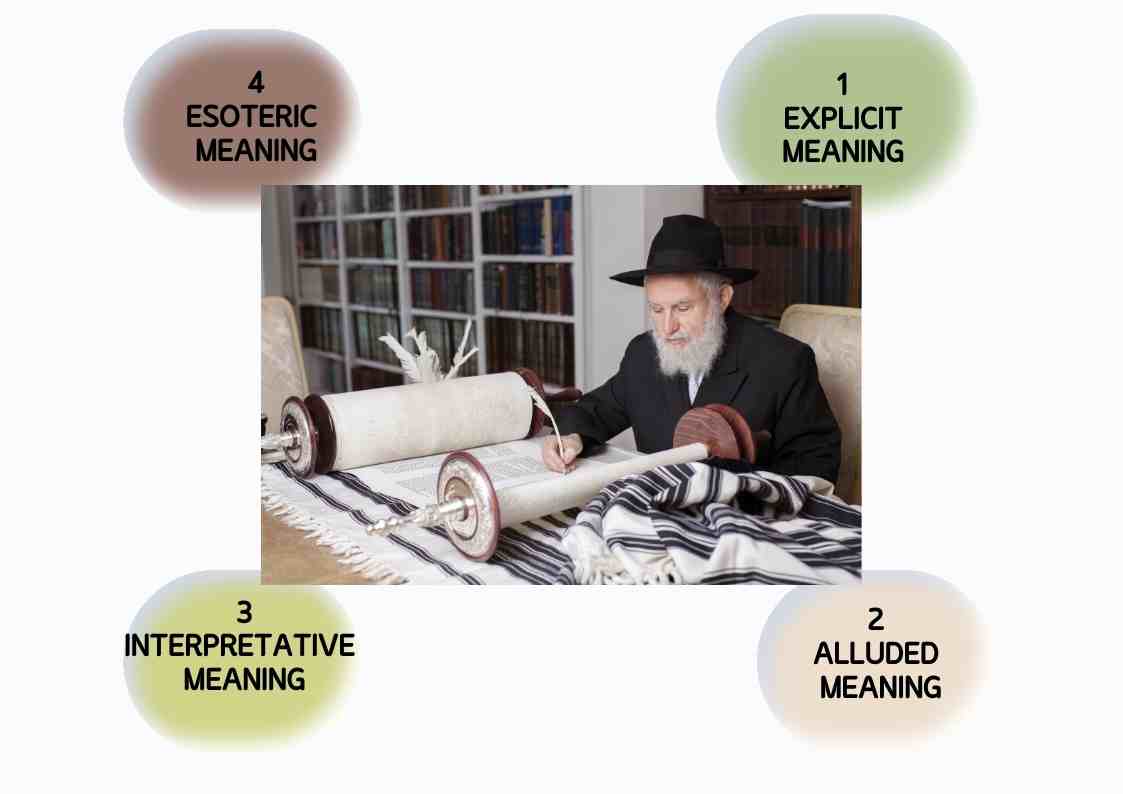Introduction
The eight-day Jewish holiday of Passover is celebrated in the early spring, from the 15th through the 22nd of the Hebrew month of Nissan, April 22–30, 2024. Passover (Pesach) commemorates the emancipation of the Israelites from slavery in ancient Egypt.
As told in the Bible, after many decades of slavery to the Egyptian pharaohs, during which time the Israelites were subjected to backbreaking labor and unbearable horrors, God saw the people’s distress and sent Moses to Pharaoh with a message: “Send forth My people, so that they may serve Me.” But despite numerous warnings, Pharaoh refused to heed God’s command. God then sent Egypt ten devastating plagues, afflicting them and destroying everything, from their livestock to their crops.
“7 Valuable Eye-opening Passover Life Lessons For A Gentile”
The word bible is of Greek origin; the Bible is a reference to the medium of the book itself, a static form originally designed to function as a record of the past rather than as a living guide for the present.

Torah, the Hebrew word for the Bible, comes from the word horaah, to instruct, implying a more dynamic sense of contemporary relevance. The Torah serves as a book of ancient history and, more importantly, as an instruction manual for life. The Torah is thus not a mere piece of literature; rather, it is a guide meant to be studied accordingly.
Four Departments of The Torah

Torah, like any wisdom, has departments. That’s important to know. You can’t study literature the same way you study biology, and you can’t critique poetry as you would journalism. So too, you can’t study one department of Torah the same as you study another.
What is the relevance of Passover to my well-being?

In this Age of Aquarius, freethinking men and women are no longer content to accept a dogmatic approach toward religion. An approach that, in effect, says, “accept and do not question.”
The Zohar, some 2000 years ago, recognized that this upheaval would come in the Age of Aquarius and predicted that people would not accept the doctrines of religion without fully comprehending their meaning and relevance to their own lives.
Even though Zohar’s suggestion is regarding the Torah for the Jews, if the other major religions of the Eastern world studied their scriptures with the same perspective, then for sure the barriers of man-made religion would crumble and the only religion of humanity would exist on this planet.
We have always assumed that when the tenth plague, the “slaying of the firstborn,” was visited upon the Egyptians, the Israelites rejoiced!!!! They were witnessing the destruction of their so-called enemies, the people who had enslaved them. Yet, the Egyptians were also part of humanity. From a spiritual perspective, can we consider this act of God to be an accepted principle of the universe?
Something is missing in this interpretation of the Pesach event.
As long as we continue to understand the Torah and its explicit meaning, then, for sure, it will be considered the Old Testament. (History of Jews and Judaism ). To understand the Torah, it is recommended to either learn Hebrew or seek guidance from a Rabbi. The Torah is dynamic.
The concept of freedom from Egyptian bondage refers to an internal, non-physical bondage
7 valuable, Eye-opening Passover Life Lessons For A Gentil derived from the teachings of the Zohar
- The Divine Spark Within The Zohar teaches that every individual possesses a divine spark within them, representing their connection to the Infinite. Passover is a time to recognize and nurture this divine essence within ourselves and others. For Gentiles, this lesson emphasizes the inherent sacredness and potential for spiritual greatness in every person, regardless of background or belief.
- The Search for Liberation: Passover symbolizes the journey from bondage to freedom, on the physical and spiritual levels. The Zohar teaches that true liberation comes from breaking free from the illusions of the material world and awakening to our higher spiritual reality. Gentiles can apply this lesson by seeking liberation from ego-driven desires and attachments and striving for spiritual growth and enlightenment.
- The Power of Divine Light: According to the Zohar, the Divine light shines brightly during Passover, illuminating the path toward spiritual awakening and transformation. This divine light is said to penetrate the darkest corners of the soul, dispelling ignorance and negativity. Gentiles can draw inspiration from this teaching by opening themselves to the influx of divine light during Passover and seeking guidance and inspiration for their spiritual journey.
- The Concept of Tikkun: Tikkun, meaning “repair” or “rectification,” is a core concept in Kabbalah. The Zohar teaches that Passover is a time of Tikkun, the opportunity to repair and elevate the sparks of divine light scattered throughout creation. Gentiles can participate in this cosmic process of Tikkun by engaging in acts of kindness, compassion, and spiritual upliftment during Passover and beyond.
- The Symbolism of the Exodus: The Zohar offers rich interpretations of the symbolic elements of the Exodus story, revealing deeper spiritual truths and insights. For example, the crossing of the Red Sea represents the soul’s journey through the waters of purification and transformation. Gentiles can explore these symbolic teachings to deepen their understanding of Passover and its relevance to their own spiritual journey.
- The Mystical Meaning of Matzah: In the Zohar, matzah is seen as a symbol of spiritual purity and humility. It represents the unleavened bread of sincerity and simplicity, free from the “leaven” of ego and arrogance. Passover is a time to embrace the purity and humility symbolized by matzah and to rid ourselves of the spiritual “leaven” that impedes our spiritual growth. Gentiles can apply this teaching by cultivating sincerity, humility, and authenticity in their spiritual practice.
- The Unity of Creation: The Zohar teaches that all creation is interconnected and interdependent, reflecting the divine unity of existence. Passover is a time to recognize and celebrate the unity of all beings and the interconnectedness of all life. Gentiles can embrace this teaching by fostering a sense of unity and harmony with all creation and by working towards the common good and the well-being of all beings.
By incorporating Zohar’s insights into Passover:–
- Gentiles can deepen their appreciation of the holiday’s mystical significance and apply its timeless wisdom to their own spiritual journey.
-


